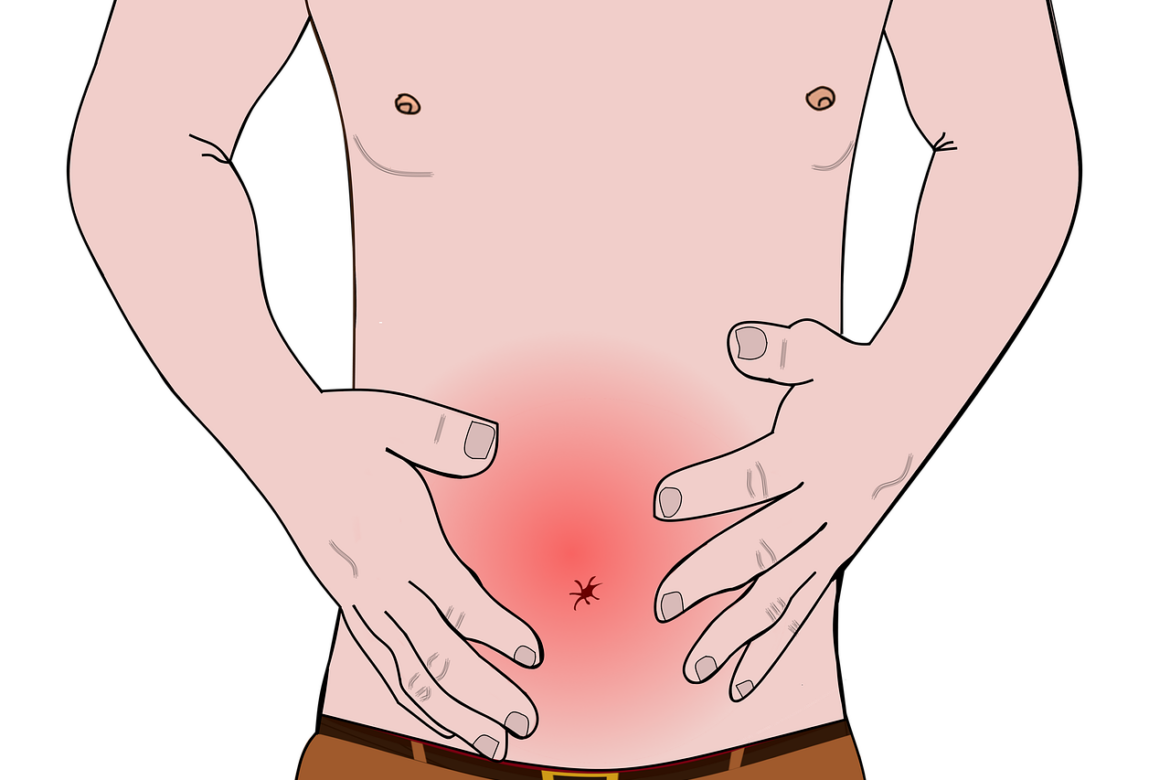Managing Constipation with Pelvic Floor Physical Therapy
Did you know that you can manage constipation with physical therapy? Constipation is the most common GI complaint, with more than 4 million Americans affected every year. It affects 15-20% of adults, predominantly those over 60 and women. Chances are constipation is something you are personally dealing with, or you likely know someone who has dealt with constipation.
Causes of Constipation
Constipation occurs when waste/stool moves too slowly through the digestive tract. Too much water gets absorbed back into the body and can result in hard, dry stool, that is difficult to pass.
Factors that contribute to constipation include:
- Low fiber diet
- Dehydration
- Too little exercise or physical activity in your day
- Ignoring the urge to go
- Changes in your regular routine like traveling
- Stress
- Underlying health or medical conditions
- Side effects from medications
How often should I have a bowel movement?
There is a wide range of how many bowel movements are normal for an individual to have in a day or week. It can be normal for some to have three a day; for others, it may be three a week. Constipation occurs when you have less than three bowel movements a week.Also, there can be straining, feelings of incomplete emptying, hard/dry stools, or you need to use manual maneuvers to help you evacuate.
How can physical therapy help?
Our pelvic floor physical therapists are trained to treat constipation and symptoms/discomfort that occur as a result of this dysfunction. There are a variety of assessments and treatment techniques we can use to address this problem. We will begin with a thorough history to establish your baseline and assess where to begin with treatment. Here are some common ways we can evaluate and address constipation:
Have you ever tried these?
- Food/Fluid Intake Assessment: We may have you log what you eat and drink throughout the day to track the general amount of fiber and fluids you consume.
- Bowel diary: A bowel diary allows us to track your bowel habits and includes helpful information about stool form, frequency, and how difficult it was to go.
- Establishing routines: Our GI system thrives on routine. You may already notice there is a time of day when you are most likely to have a BM. Our bowels are stimulated by a reflex that happens after we first eat/drink something. We can help you come up with a bowel routine that fits into your schedule and help maintain good bowel habits.
- Defecation Mechanics: Did you know there may be an easier, less straining way to have a bowel movement? We can provide information about positioning, breathing, and how to get yourself better set up for success.
- Relaxation and Breath Training: Stress, anxiety, and poor breathing mechanics can make constipation worse and more difficult to have a bowel movement. We will work on breath training, relaxation, meditation, and mindfulness strategies to kick on the “rest and digest” system of the body.
- Soft tissue/manual work: Part of the job of pelvic floor muscles is to allow us to go to the bathroom when it’s appropriate. If these muscles are overactive or have a lot of tension, it may be harder for them to lengthen and allow stool to pass. There may also be soft tissue restrictions within the abdomen or viscera (organs). We have a variety of both internal and external manual techniques to help the flexibility and coordination of muscles, fascia, and viscera to encourage stool movement.
You Don’t Have to Live with Constipation
If you are experiencing constipation, please call to schedule an appointment with one of our skilled pelvic floor therapists to help relieve your discomfort. There is something you can do about your bowel discomfort, don’t wait any longer, schedule your appointment today!

